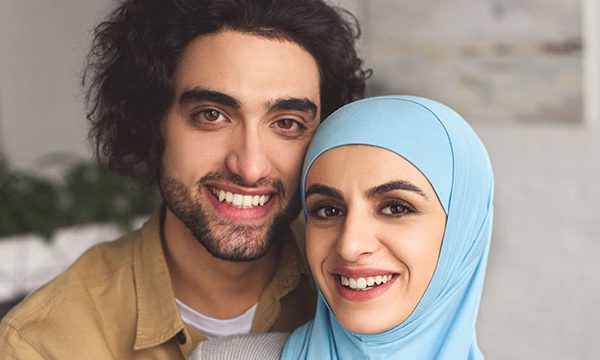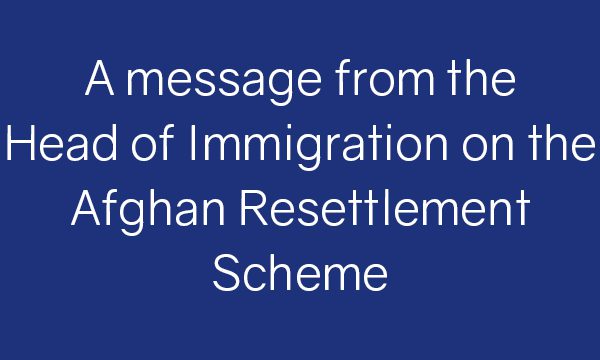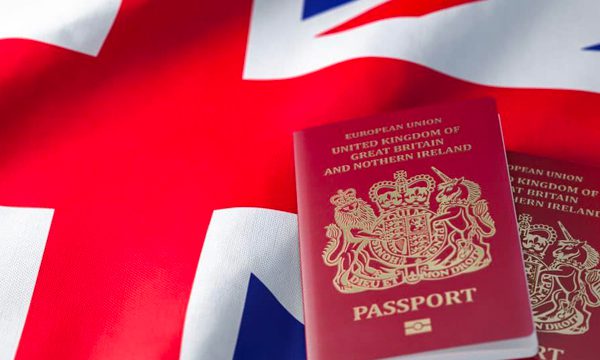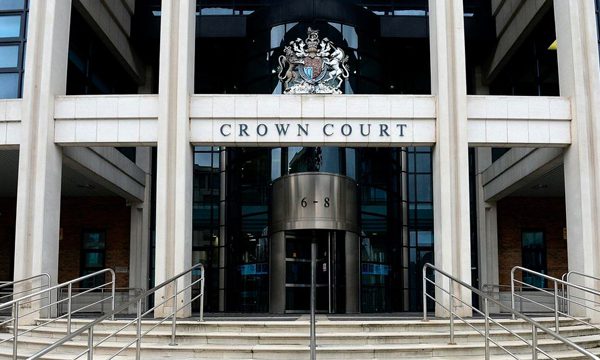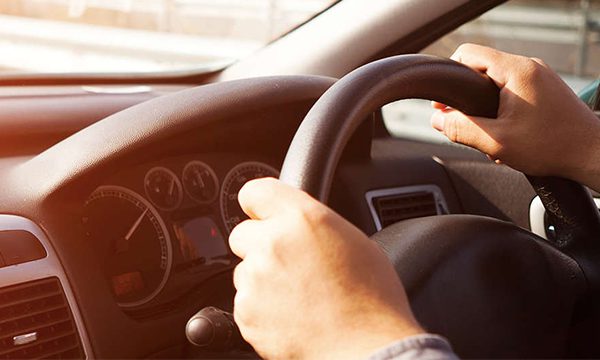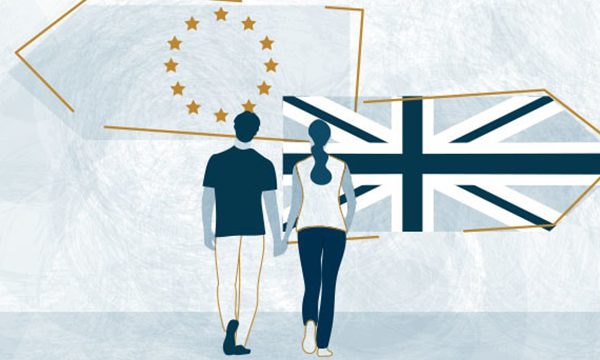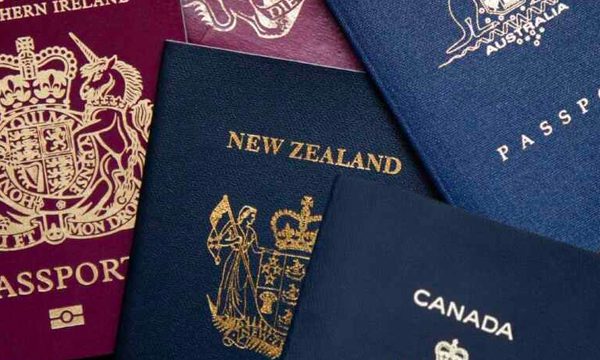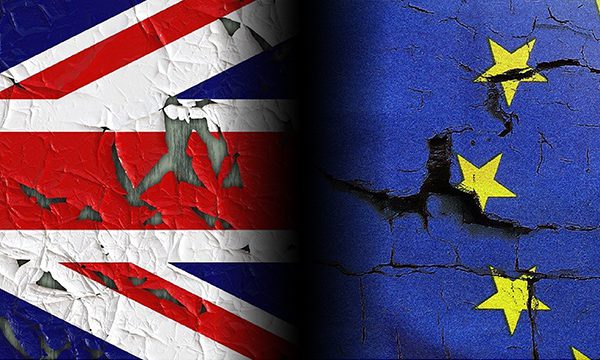FAMILY MEMBERS OF AFGHAN REFUGEES
You may have family you wish to bring to the UK, or who are here already without immigration status. If you have already been granted refugee status or humanitarian protection, your immediate family – your spouse or partner and minor children – can apply for Family Reunion. If you have not yet been recognised as a refugee, you can include your immediate family in your application as dependants. There are some other routes that might let other family members join you in the UK, but these tend to have restrictive and detailed requirements.
Family Reunion
Who is this route for?
This route is for recognised refugees who have family members outside the UK. You may have been separated from your family when you came to the UK to claim asylum. Once you have been granted refugee status, the Family Reunion route will let your immediate family join you in the UK. If your family have subsequently come to the UK in another way, the Family Reunion route can be used to give them formal permission to be in the UK.
This route is only open to your family if you have refugee status or have been granted humanitarian protection on or after 30 August 2005. It is not available if, for example, you were refused refugee status but granted permission to stay in the UK because of your human rights. You should have a decision letter from the Home Office explaining what status you have. This route is not available for recognised refugees who have since obtained British citizenship.
Family Reunion is only open to immediate family members. This means:
- Your spouse, civil partner, or unmarried partner. If you and your partner are not married or in a civil partnership, you must show that you lived together for two or more years before you left your home country.
- Your children who are under the age of 18 and are not married or living independently. This includes adopted children, but only if there is a formal adoption order or equivalent legal document. The child You may have family you wish to bring to the UK, or who are here already without immigration status. If you have already been granted refugee status or humanitarian protection, your immediate family – your spouse or partner and minor children – can apply for Family Reunion. If you have not yet been recognised as a refugee, you can include your immediate family in your application as dependants. There are some other routes which might let other family members join you in the UK, but these tend to have restrictive and detailed requirements. only needs to be under 18 on the date you apply. It does not matter if they turn 18 after you apply.
How can my family apply?
There is no application fee for Family Reunion applications. If your family are outside the UK they can apply using the online form available here, selecting the option ‘Join or accompany a family member’ and then ‘In the UK with refugee leave or humanitarian protection’.
As part of the application process, your family will need to attend an appointment at a ‘Visa Application Centre’. The location of this appointment will depend on the country your family are in when they apply for Family Reunion. This website will tell your family the appropriate Visa Application Centre. There are no Centres open in Afghanistan. If your family are still in Afghanistan they will need to travel to Pakistan to attend a Visa Application Centre. Of course, this may not be possible. If this is your family’s situation, you should access legal advice to work out the best next steps.
If your family are in the UK, they must apply in writing to the UKVI Family Reunion Team at this address:
Admin Team
7th Floor, Capital Building
Liverpool
L3 9PP
The letter should include your details, two passport-sized photographs of each family member applying for Family Reunion, a statement from you explaining the family’s circumstances, and passports or other identity documents.
Whether applying from inside or outside the UK, your family should provide whatever evidence they can to prove their relationship with you. For example, marriage and birth certificates, photographs of your wedding, or photographs of your children at a young age and other photographs of the family. The decision-maker should understand that you may not have access to all the relevant documents because you had to flee your home. It is helpful for you to explain these circumstances and why significant evidence is missing, such as passports. It can also be helpful to provide witness statements from friends,
family, and other members of your community.
What happens if my family’s application succeeds?
Your family will be granted permission to be in the UK in line with your own. They will not be considered refugees themselves. But they will have the same period of permission as you, and access to the same benefits.
If your family are outside the UK, they will need to collect an ‘entry clearance vignette’ so that they can enter the UK. This will be valid for 30 days from its start date. If your family know they will not be able to travel to the UK straight away, they should explain this in their application. The Home Office can make sure your family’s visas and the 30-day period to enter the UK do not start until your family are able to travel. The Home Office should explain where your family need to go to collect their entry vignette when they tell your family their application has been successful.
Once your family are in the UK, they will need to collect their Biometric Residence Permits. These will be available from the Post Office. Your family must do this within 10 days of arriving in the UK.
What if I can’t meet these rules?
It is possible to apply for family reunion ‘outside the rules’. This is a route for those who can show exceptional or compassionate factors which might justify a grant of leave. The Home Office’s guidance emphasises that this kind of leave to remain is likely to be granted only rarely. These applications are complicated and usually require extensive evidence. We would strongly advise anyone considering making an application outside the rules to seek legal advice.
Dependants
Who is this route for?
This route is for asylum seekers in the UK who have family members with them in this country.
You can include immediate family members in your application for asylum as ‘dependants’. ‘Immediate family members’ means:
- Your spouse, civil partner, or unmarried partner. If you and your partner are not married, you must show that you have lived together in the same way as a married couple for more than two years.
- Your children under the age of 18 at the date you apply. They must not be married or living independently
You can only include your family members as dependants if they are in the UK with you. If they are outside the UK they should apply for Family Reunion after your asylum claim is decided, if you are recognised as a refugee.
How can my dependants apply?
Your dependents do not need to make separate applications. You should include them in your application for asylum. There is not a specific form used for this. If you have not yet claimed asylum, you should mention your family when you call the asylum intake unit to register your claim. If you have already started your claim and for any reason did not mention your family, you can still add them to your claim as dependants by contacting the Home Office. You should take legal advice to help you do this.
Alternatively, your family can make their own applications for asylum. They should do this if they have an independent reason to fear persecution in your home country.
What happens if our claim is successful?
If you are recognised as a refugee, and the Home Office accept your relationship with your dependants, your family should be granted permission to stay in the UK ‘in line’ with yours. This means they will not be recognised as refugees themselves. But they will have the same period of permission, and the same access to benefits.
Other family members
Can my other family members join me in the UK?
We have prepared Factsheets on specific government schemes to relocate some Afghans to the UK. This includes the Afghan Relocation and Assistance Programme. It is possible that your family members may be eligible to come to the UK under those schemes, but they are restrictive.
You may have other family members who you want to bring to the UK or who came to the UK with you when you fled your home country. There are some other immigration routes that might be relevant. This is just an overview of the potential options. For more detailed information, you should consult the gov.uk website and seek legal advice.
A part of the Immigration Rules called ‘Appendix FM’ explains when family members of refugees can come to the UK. These requirements are much stricter than the requirements for Family Reunion and dependants. For example, you will normally need to show that you earn enough money to support the family member, that they understand and speak English, and provide certain ‘specified evidence’. Adult relatives can apply under these rules, but only if they require long-term personal care which cannot be provided in their home country.
There are many other immigration routes that might enable a person to come to the UK, for example for work or to study. These routes generally require someone to be sponsored by a specific university or employer. These routes are generally subject to restrictive criteria and are outside the scope of this factsheet. You should seek legal advice if you think one of these routes might be appropriate.
Disclaimer: this note is not intended as legal advice and should not be relied upon as such. UK immigration law is complex and you may need to seek legal assistance. This factsheet does not represent the views or opinions of Garden Court Chambers or its members. The situation considered above may change at short-notice and this note will not necessarily be updated to reflect further changes. This factsheet was prepared in August 2021. Subscribe to afghaninformation@googlegroups.com for more up-to-date developments.
These factsheets were first published on Garden Court’s website on 25 August 2021.







